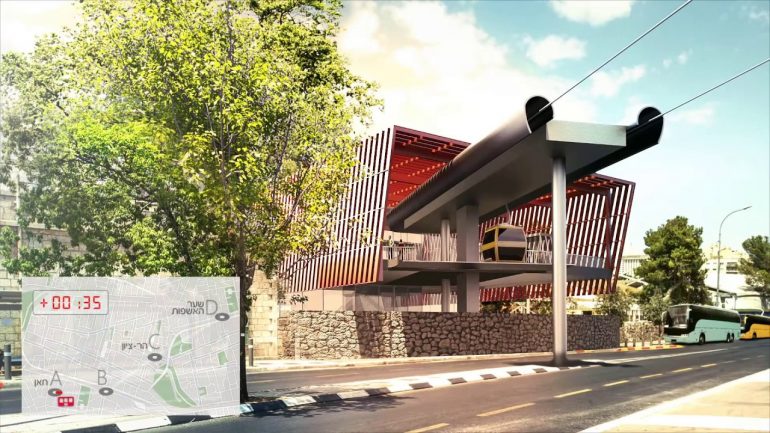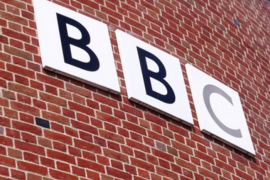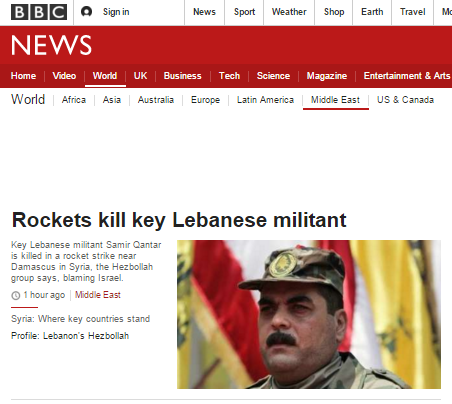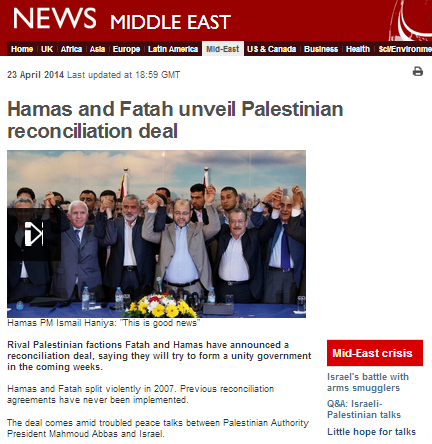On the afternoon of November 6th the BBC News website published a report headlined “Jerusalem: Israel approves controversial Old City cable car plan” on its ‘Middle East’ page.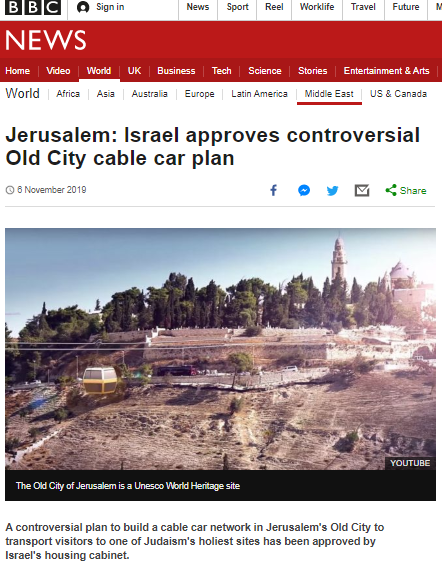
The report is illustrated with an image credited to You Tube and captioned “The Old City of Jerusalem is a Unesco World Heritage site” but readers are not informed that it is in fact a “screen capture from a promotional video for the Jerusalem Old City cable car project showing an artist’s impression of cars passing over the Hinnom Valley”.
The report opens with a description of the plan which includes clear framing. [emphasis added]
“A controversial plan to build a cable car network in Jerusalem’s Old City to transport visitors to one of Judaism’s holiest sites has been approved by Israel’s housing cabinet.
The cable cars will ferry up to 3,000 people an hour about 1.4km (0.9 miles) from West Jerusalem to the Western Wall in occupied East Jerusalem.
Israel’s government says the project will reduce traffic congestion.”
It then quickly moves on to present the views of various opponents, including a link to a campaigning video.
“But opponents say it will damage the area’s historic landscape.
They intend to petition Israel’s High Court of Justice to stop it.
Emek Shaveh, an Israeli non-governmental organisation working to defend cultural heritage, has previously warned that the cable car network will alter the skyline of the Old City – a Unesco World Heritage site – and have a detrimental impact on Palestinian residents of the Silwan area living under the proposed route.
It has also alleged that the project “serves a highly political agenda” and that it was “fast-tracked” through the planning process.”
BBC editorial guidelines on impartiality state that: [emphasis added]
“We should not automatically assume that contributors from other organisations (such as academics, journalists, researchers and representatives of charities and think-tanks) are unbiased. Appropriate information about their affiliations, funding and particular viewpoints should be made available to the audience, when relevant to the context.”
Readers are however told nothing of that foreign funded political NGO’s “affiliations, funding and particular viewpoints” before the report moves on to promote a link to an as yet uncorrected BBC backgrounder from 2014 and highlight additional objections.
“The Palestinian Authority and the Jordanian government – the custodian of the compound behind the Western Wall, known to Muslims as al-Haram al-Sharif (the Noble Sanctuary) and to Jews as the Temple Mount – have also expressed concern about the impact on the Old City.”
Readers then see an edited version of a problematic video made by the BBC Jerusalem bureau’s Yolande Knell in 2017 and at the end of the report they are told that:
“The status of Jerusalem goes to the heart of the Israeli-Palestinian conflict.
Israel regards Jerusalem as its “eternal and undivided” capital, while the Palestinians claim East Jerusalem – occupied by Israel in the 1967 Middle East war – as the capital of a future state.”
As is overwhelmingly the case in BBC reporting, while the corporation adopts and uses PLO approved language such as “occupied East Jerusalem”, audiences are told nothing of the Jordanian occupation of parts of the city or of the fact that until June 1967 – as shown in Article 24 of the original PLO charter from 1964 – the Palestinians specifically stated that they had no claim to territory occupied at the time by Jordan, including the Old City of Jerusalem.
The result is that, as usual, BBC audiences are fed a politically partisan account which deliberately omits relevant context.
Related Articles:

